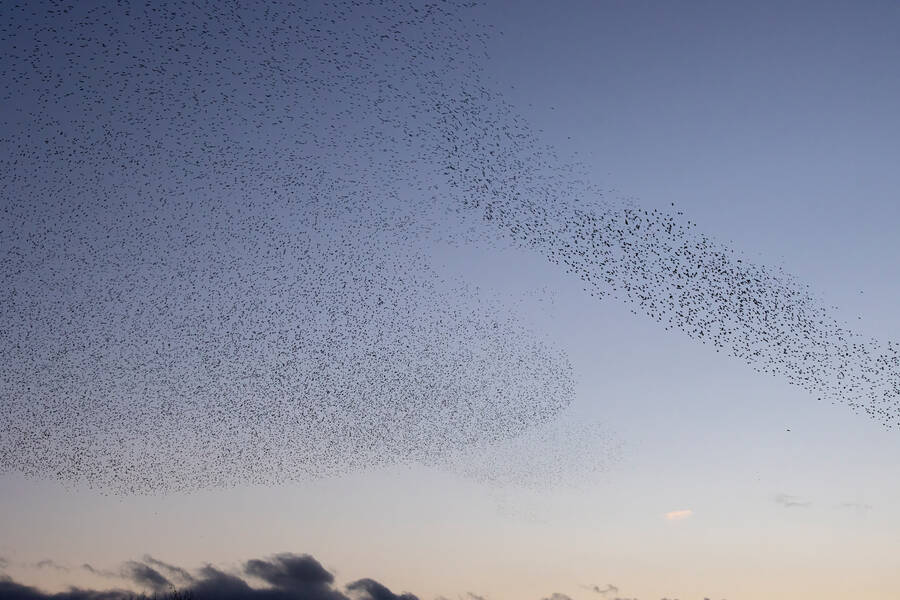After

One of my favorite things about poems is that each teaches me to read anew. Will the sound tell me something about meaning? Will the meter? Poems refuse the presumptions of skimming. Priming myself to read a poem involves recalling that I don’t yet know how to know with respect to any particular encounter.
The first time I encountered Maya C. Popa’s poem “After,” I forgot this. I read the poem’s title in the way that felt familiar—as a description of what was to follow. I perceived what unfolded as a kind of apocalyptic landscape pocked with enclosures: the penitentiary, the harsh dark edging out the sun, even the language folding in on itself, as though the available store of description had been diminished (the “North Star / like a North star”). But when I came to the last line—borrowed from the final letter Nadezhda Mandelstam sent to her husband, the great poet Osip Mandelstam, who wrote an epigram against Stalin and was eventually sent to the camps, where he died—I think perhaps I’ve been reading it all wrong: Maybe what I saw as enclosure was, in fact, just one aspect of the cherished space. Luckily, the after of reading the poem is the before of my reencounter with the world, and I am sent back, reminded. Look again: There is still so much to love.
– Claire Schwartz
Listen to Maya C. Popa read "After."
After
Skymiles of starlings over the penitentiary. December a descant and a North Star like a North Star. Twice a day, the sun. The hand of wind over the mountains. The rest will become, disappear by becoming. Dark of plenty, of fracture. God’s dark of perfect recall. What earth is this if not ripe for threshing? What joy it was, and how we knew what joy it was.
Maya C. Popa is the author of American Faith (Sarabande 2019). She is the poetry reviews editor at Publishers Weekly and a PhD candidate at Goldsmiths, University of London. Her second collection is forthcoming with W.W. Norton in 2022.

